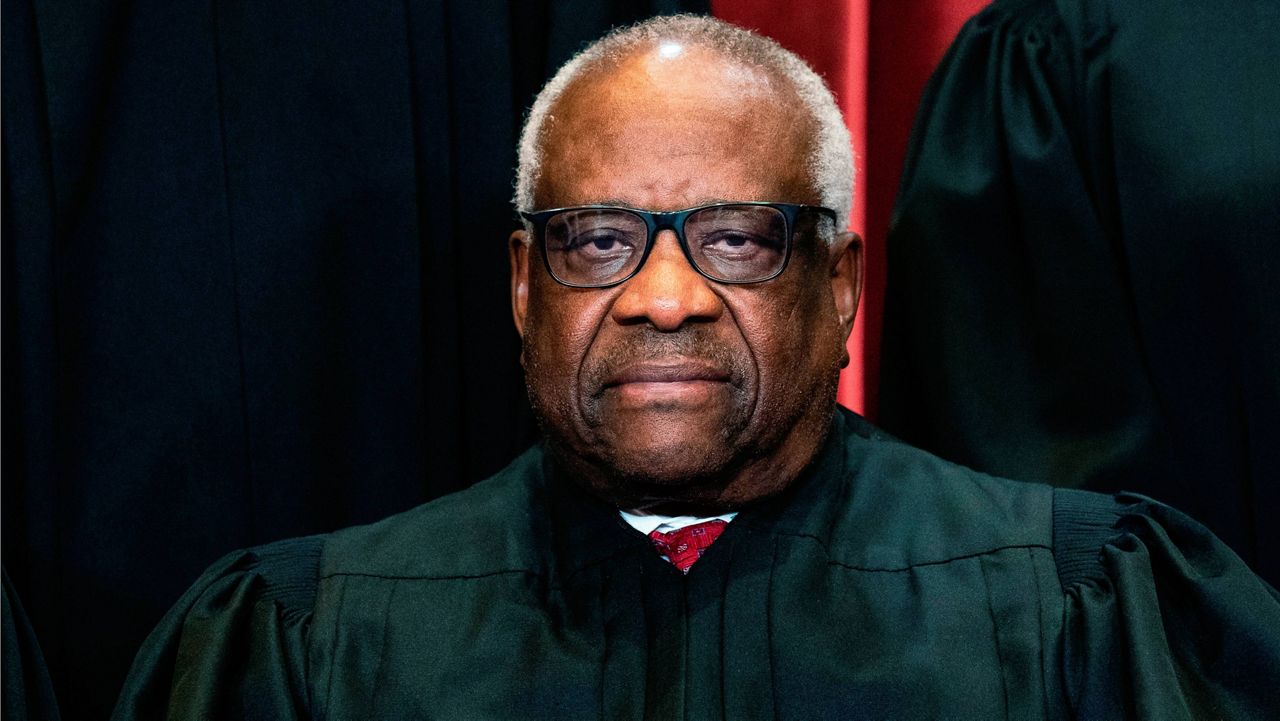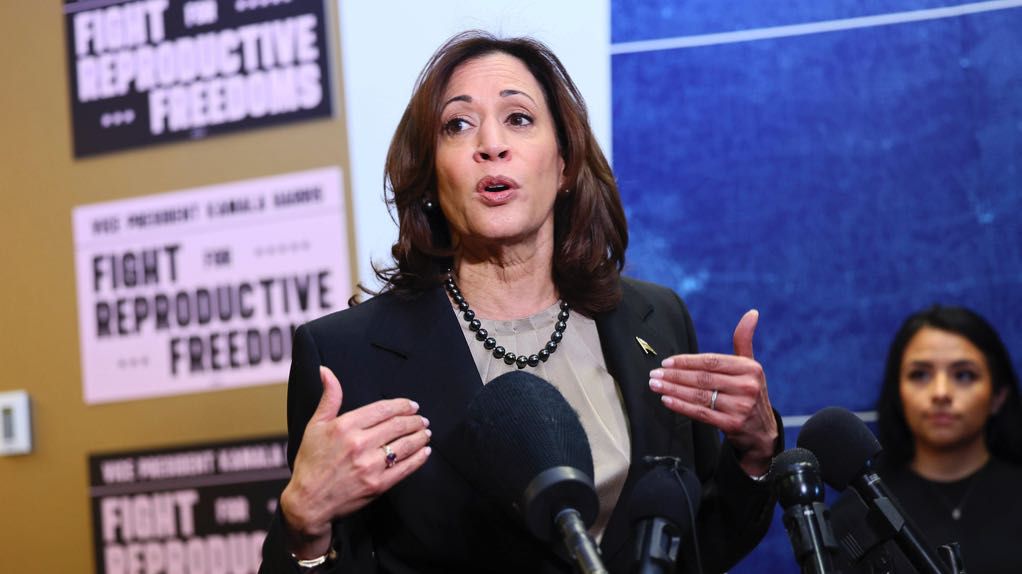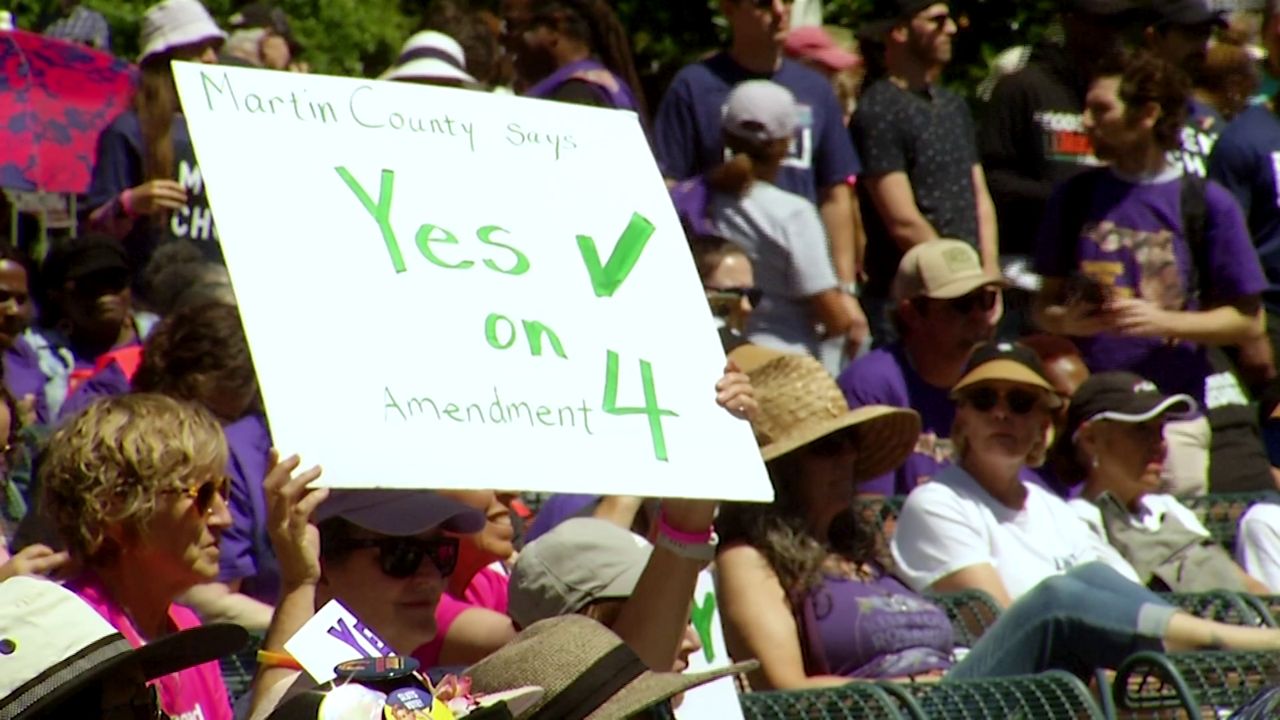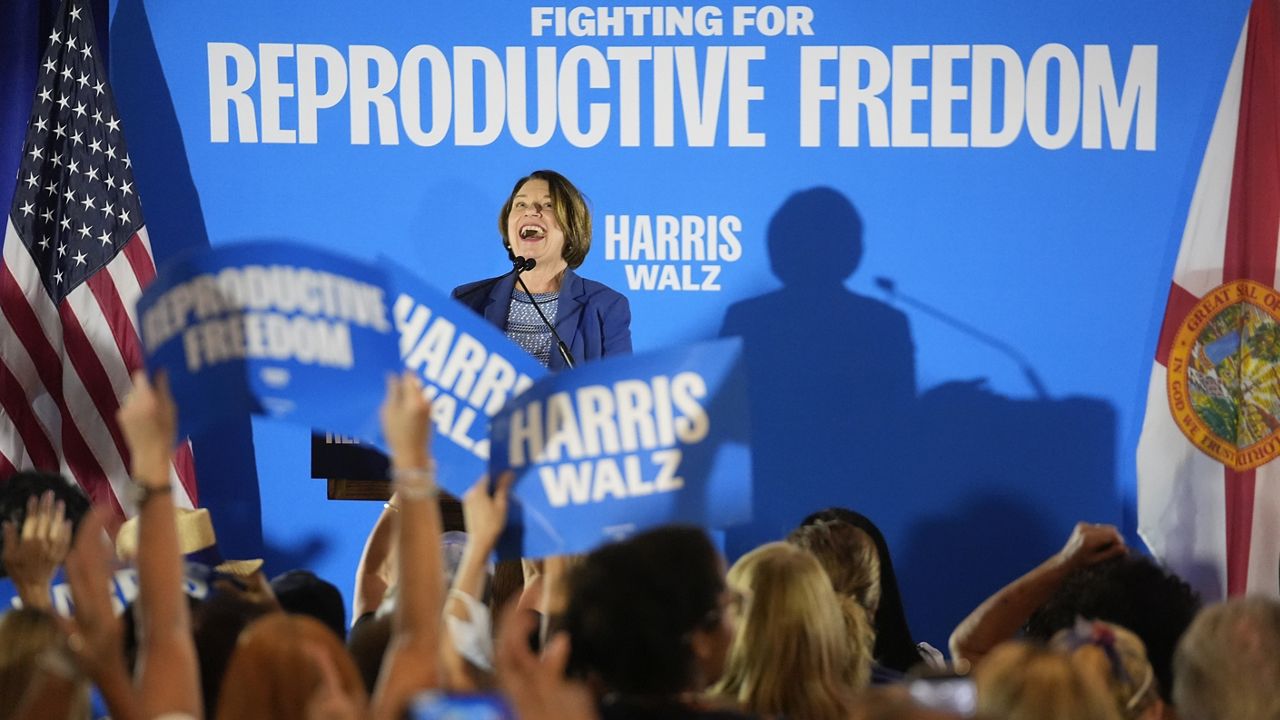The Supreme Court on Friday voted to overturn Roe v. Wade, the landmark 1973 ruling which guaranteed the constitutional right to an abortion nationwide.
The high court’s five conservative justices — Samuel Alito, Clarence Thomas, Neil Gorsuch, Brett Kavanaugh and Amy Coney Barrett — upheld a Mississippi law which bans nearly all abortions after 15 weeks of pregnancy.
In a concurring opinion, Justice Thomas wrote that the high court should, in the future, “reconsider” a number of other key rulings, including landmark decisions that granted a right to contraception and same-sex marriage.
"In future cases, we should reconsider all of this Court’s substantive due process precedents, including Griswold, Lawrence, and Obergefell,” Thomas wrote. “Because any substantive due process decision is ‘demonstrably erroneous’ … we have a duty to ‘correct the error’ established in those precedents.”
The 1965 ruling in Griswold v. Connecticut protected the right of marital privacy against state restrictions on contraception. The high court ruled 7-2 in Griswold.
In 2003, the Supreme Court ruled 6-3 in Lawrence v. Texas that a Texas law which made it a crime for two people of the same sex to engage in intimate consensual sexual conduct violated the Due Process clause of the Constitution, invalidating sodomy laws nationwide.
And 2015’s Obergefell v. Hodges held that the right for same-sex couples to marry is guaranteed under both the Due Process Clause and the Equal Protection Clause of the Fourteenth Amendment. The 5-4 ruling legalized same-sex marriage all 50 states, Washington, D.C., and all of the United States’ territories.
Notably, Thomas was on the court for the latter two decisions — and dissented in both.
Thomas, 74, the longest-serving member of the high court, has long contended that Roe was wrongfully decided and has long called for the Supreme Court to reconsider the case.
“Our abortion precedents are grievously wrong and should be overruled,” Thomas wrote in a dissent in 2020 in a case that blocked a Louisiana abortion restriction. “The idea that the Framers of the Fourteenth Amendment understood the Due Process Clause to protect a right to abortion is farcical.”








